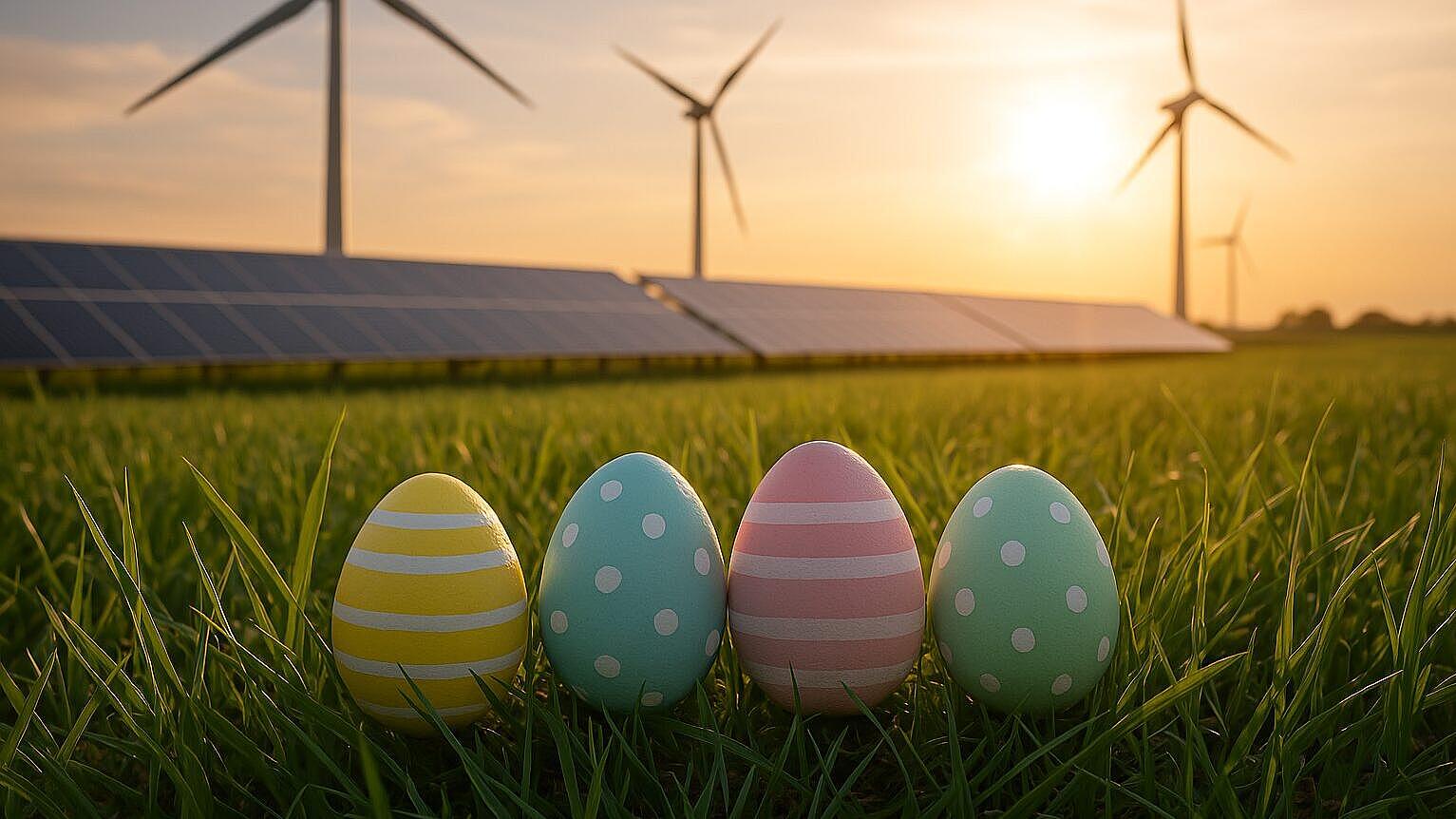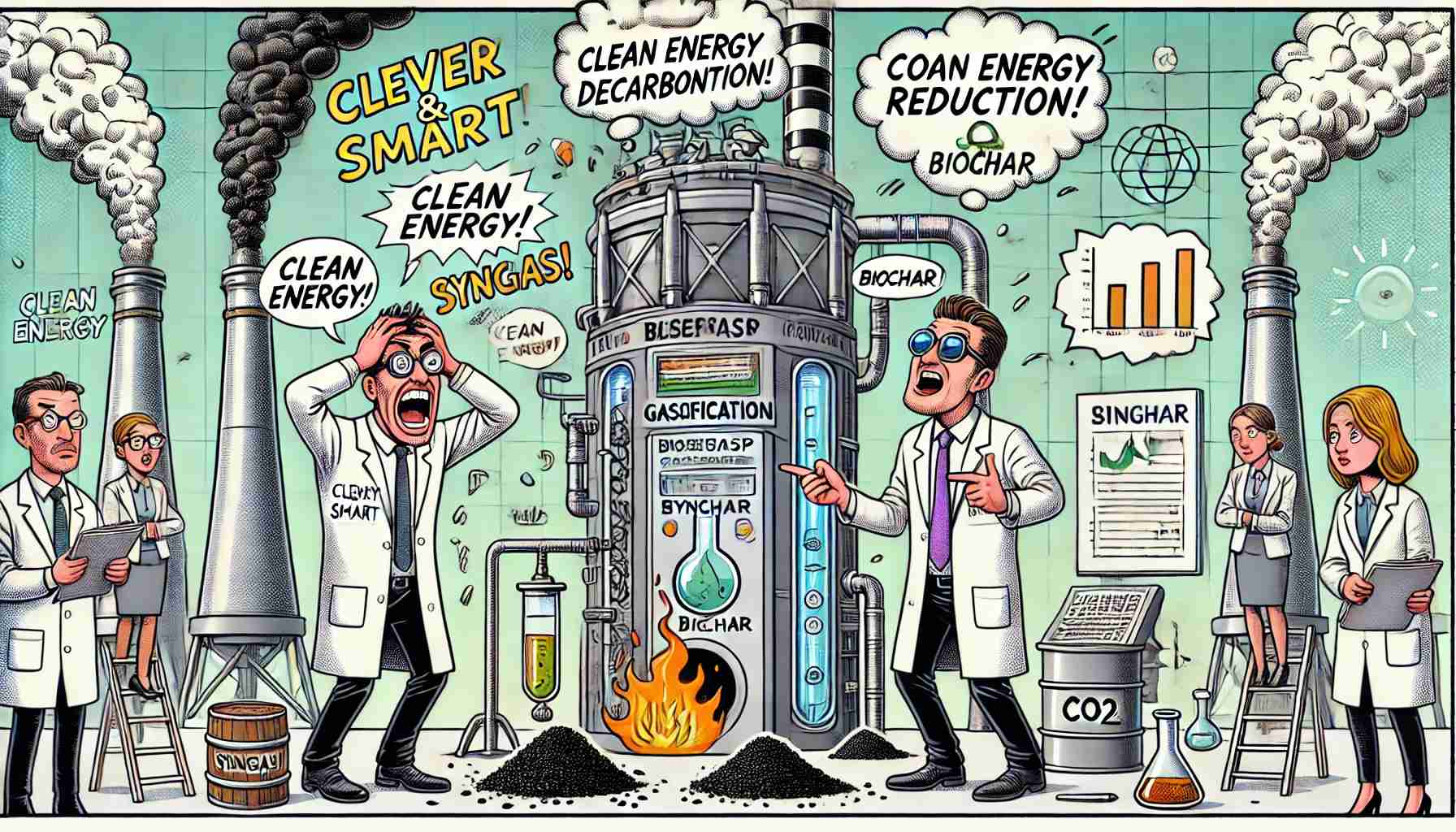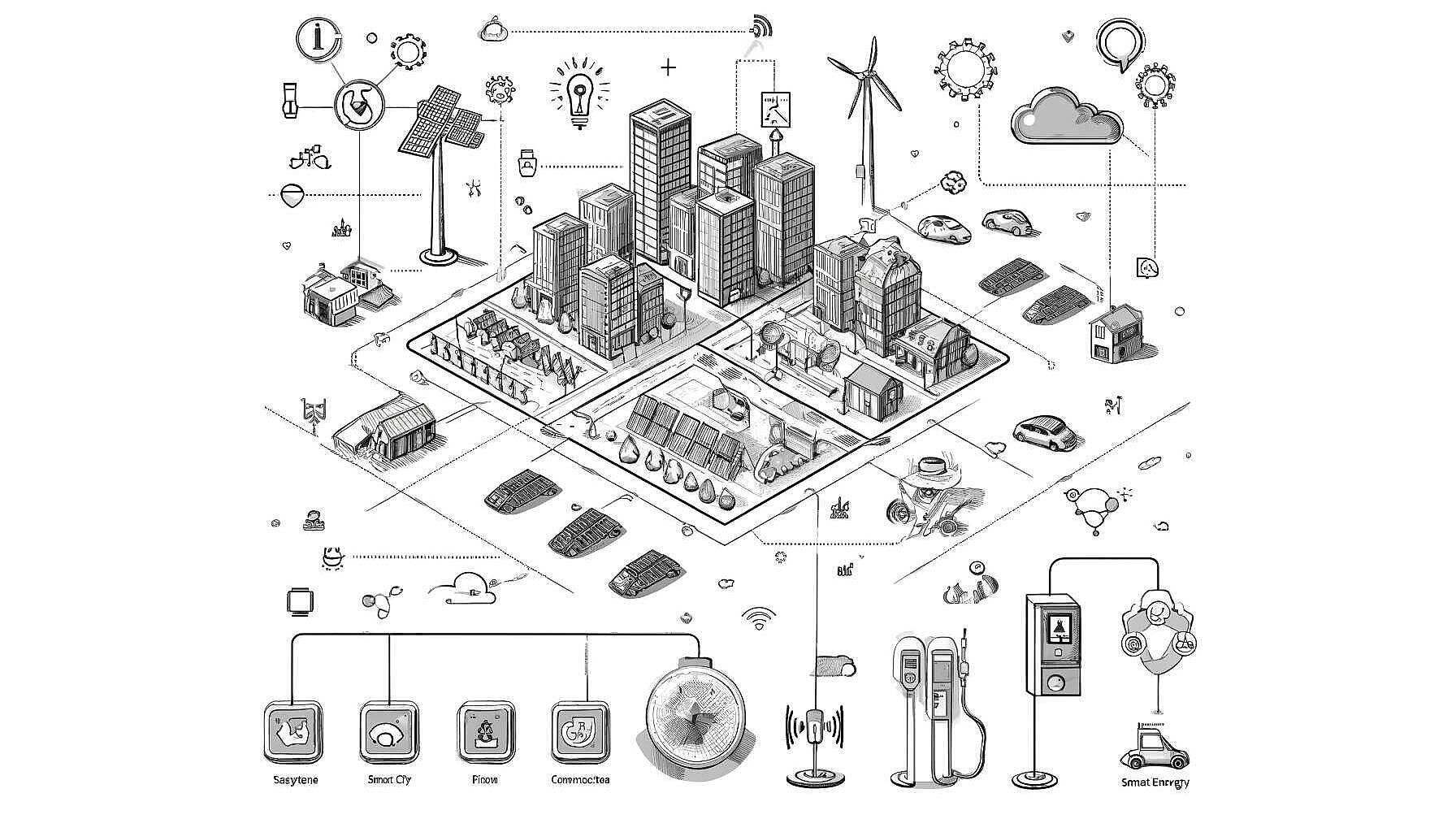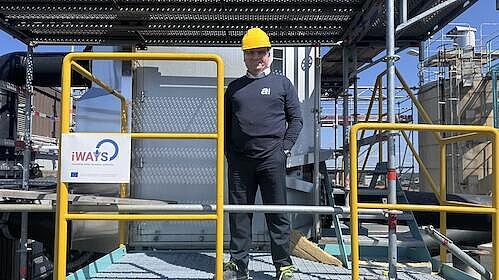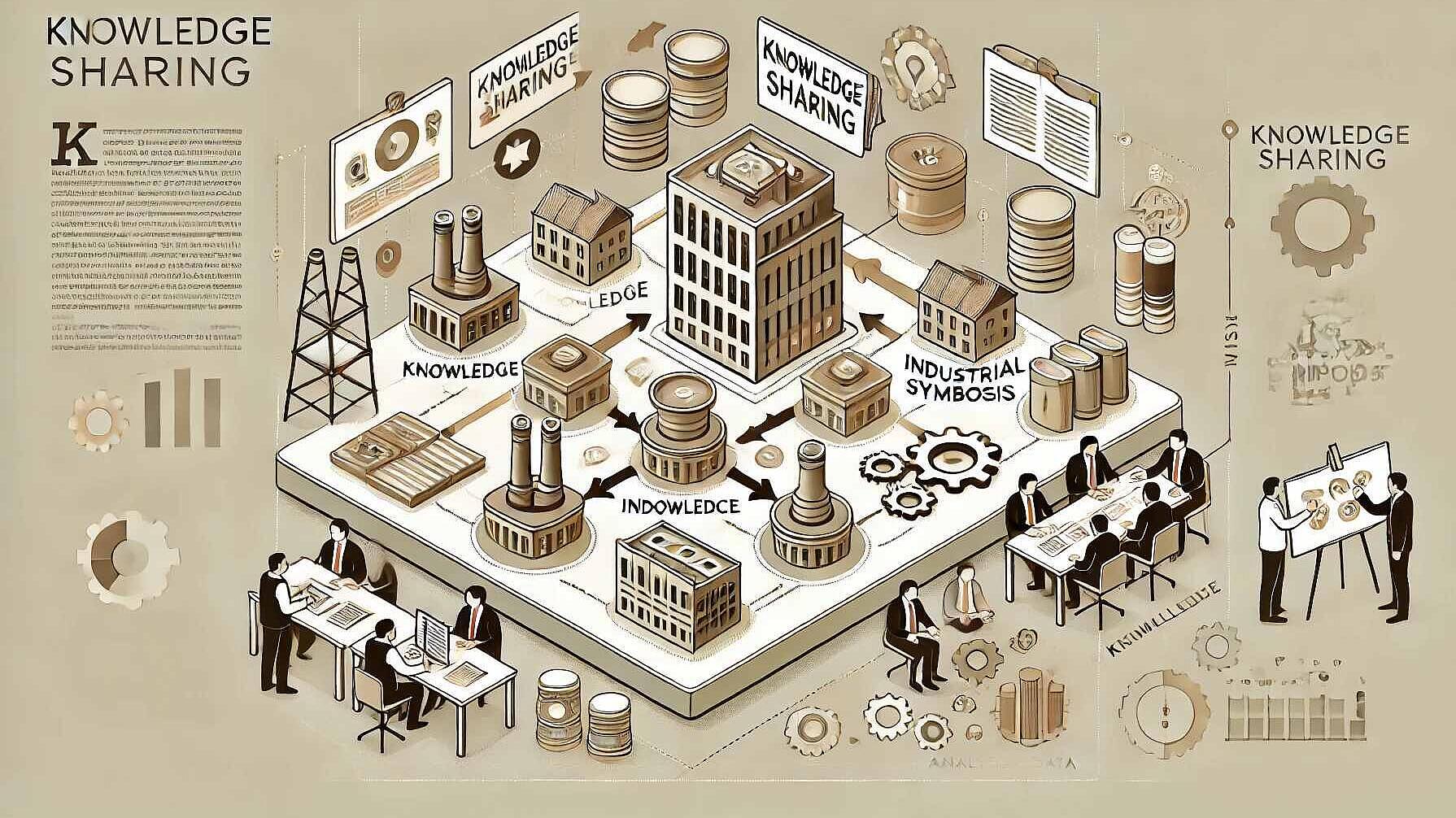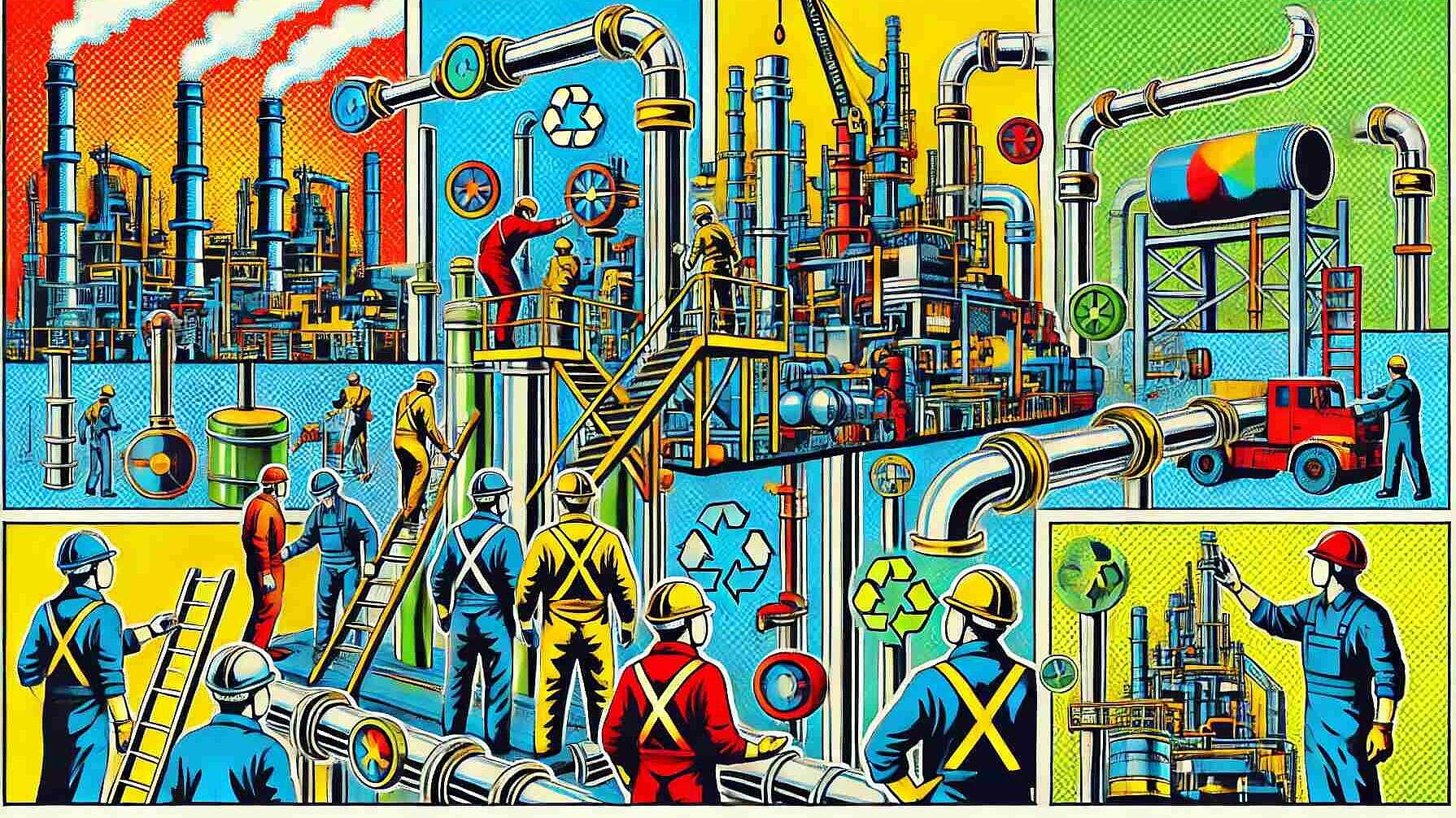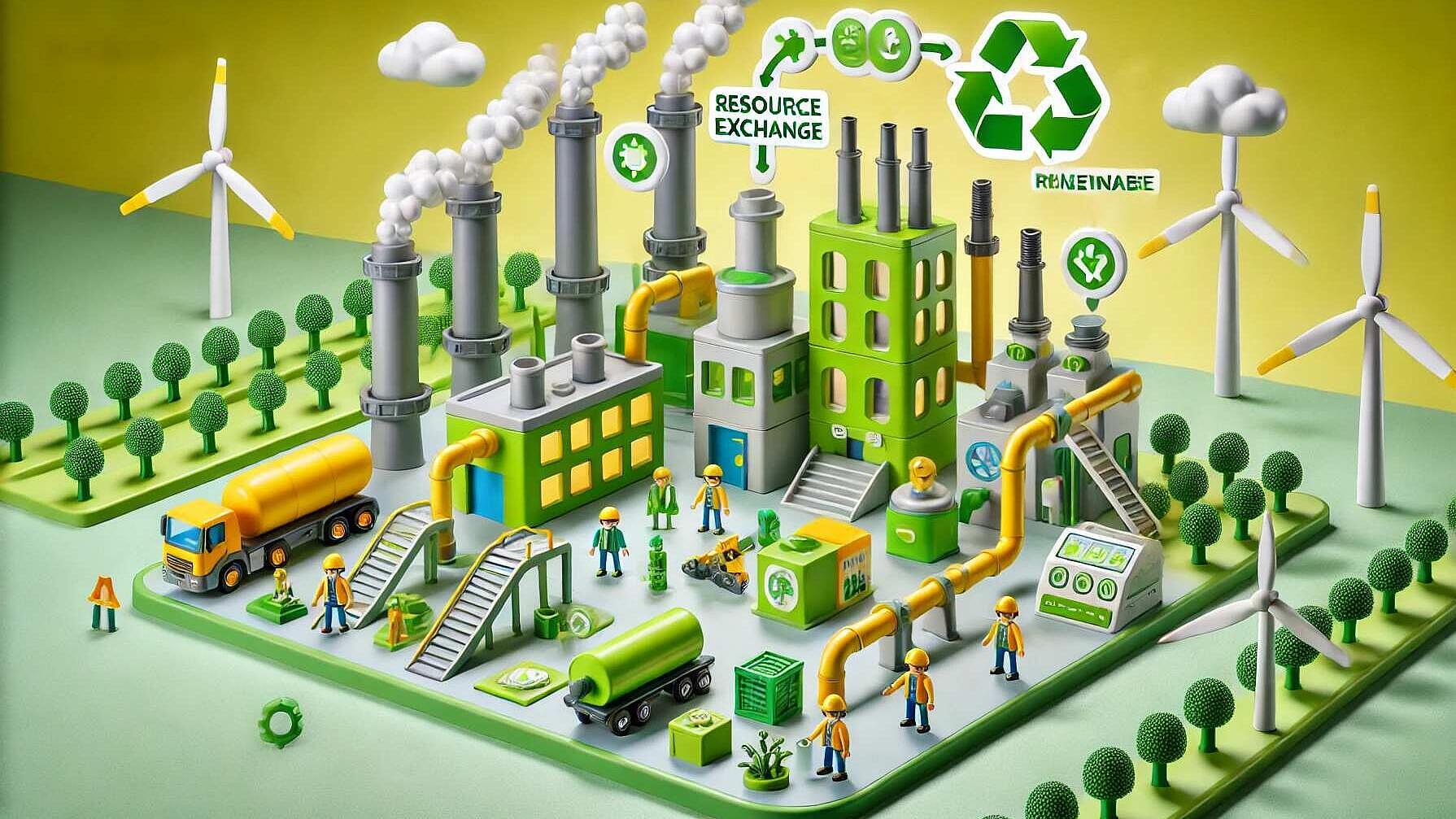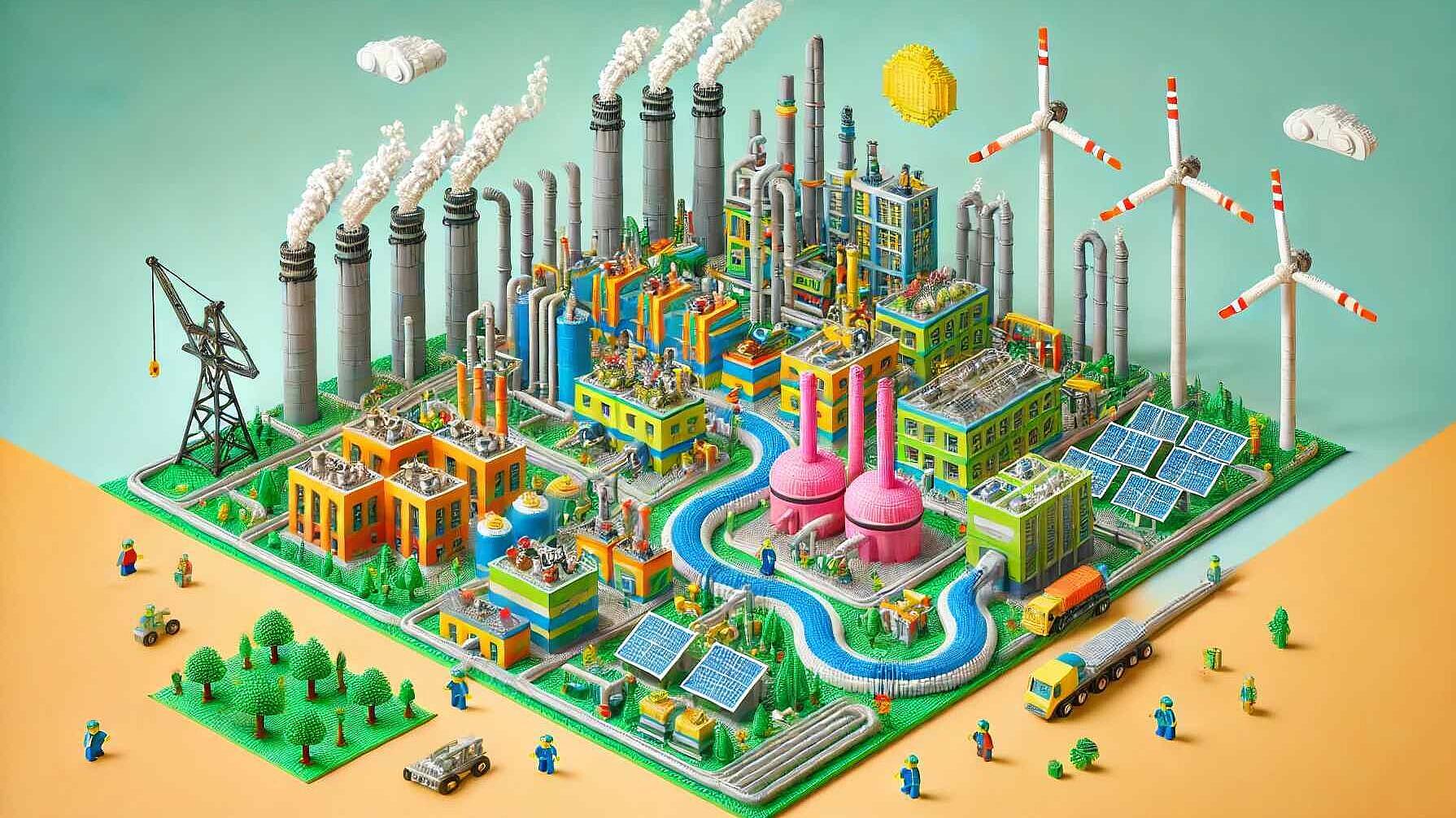 Articles
ArticlesThe paper discusses the impact of Easter on electricity consumption patterns, emphasizing changes in household and industrial energy use. With businesses closed and families at home, there is a shift in demand, creating a different dynamic for grid management. During Easter Monday, the UK reported low carbon intensity levels due to high renewable energy contributions, like wind and solar, combined with reduced demand, demonstrating the effectiveness of renewables. Longer daylight hours in spring enhance solar panel output, offering energy bill savings. It is suggested that homeowners engage in post-vacation energy management, such as system inspections and unplugging devices, to save energy and money. The use of eco-friendly practices during Easter, like LED lighting, reduces environmental impact. Confectionery industry studies show that energy audits and adjustments can lower consumption without harming productivity. Special events like Easter provide critical data for forecasting energy loads, which can aid in developing sustainable energy infrastructures that integrate renewables. Emphasizing that Easter can be an opportunity for renewing commitments to sustainability through renewable energy utilization and energy-efficient technologies, aligning economic and environmental benefits.
Read Full articleDemystifying Industrial Symbiosis: A Comprehensive Guide to Opportunity Identification
Industrial symbiosis (IS) optimizes resource use and minimizes waste by exchanging resources among industries. European initiatives invest in IS methodologies to enhance market adoption but face challenges like complexity and data availability. The identification process involves mapping, screening, and matchmaking, requiring collaboration and long-term viability assessments.
Read Full articleBiomass Gasification: A Key to Decarbonizing Energy-Intensive Industries
The EU project CORALIS explores biomass gasification's techno-economic feasibility for decarbonizing energy-intensive industries, highlighting its potential with syngas and biochar production as fossil fuel alternatives. Larger-scale operations demonstrate better economic returns, with significant positive impacts on industrial decarbonization efforts.
Read Full articleRevolutionizing Urban Living: Insights from the STARDUST Project
The STARDUST project exemplifies sustainable urban transformation through smart integration in energy, mobility, and ICT in "lighthouse" and "follower" cities, focusing on renewable infrastructure, innovative technologies, regulatory adaptability, stakeholder engagement, and novel business models to foster replicable sustainable city initiatives.
Read Full articleHow new technology can allow factories without chimneys
Professor Hussam Jouhara discusses the development of the Heat Pipe Condensing Economiser (HPCE), designed to reduce industrial energy consumption and emissions by recovering waste heat and water. Supported by the EU's Horizon 2020, HPCE overcomes challenges such as exhaust stream variability and corrosive condensates, aiming to enhance efficiency and environmental sustainability in industries, especially in the chemical sector, by promoting energy and material recovery.
Read Full articleFacilitating Knowledge Sharing in Industrial Symbiosis Networks: The Key to Sustainable Innovation
Facilitators are essential in industrial symbiosis for effective knowledge exchange, optimizing resource use and fostering collaboration among industries, enhancing sustainability, and improving competitiveness. Their roles include knowledge brokering, trust building, capacity development, innovation catalyst, and regulatory navigation, crucial to forming and growing symbiotic networks.
Read Full articleIndustrial Symbiosis And How To Engage Stakeholders
The CORALIS project highlights the importance of stakeholder engagement in promoting industrial symbiosis (IS) through participatory processes, as demonstrated in case studies from Spain, Austria, and Turkey, to overcome IS adoption barriers and foster sustainable industry practices.
Read Full articleHarnessing Industrial Symbiosis For Sustainable Growth and Circular Economies
Industrial symbiosis (IS) promotes sustainability via resource-sharing among firms, yet faces challenges in implementation due to economic, regulatory, and technological barriers. Future success depends on innovation, policy support, and cross-sector collaboration to overcome these hurdles.
Read Full articleIndustrial Symbiosis: A Pathway to Sustainable Industry through CORALIS
The CORALIS project demonstrates how industrial symbiosis (IS) facilitates decarbonization by enabling cross-industry collaboration, leading to resource optimization and sustainability enhancement across European demonstrators. Key findings highlight the importance of managerial frameworks, trust, stakeholder engagement, and local authority support in successful IS implementation.
Read Full articleIndustrial Symbiosis: A Transformative Approach for Sustainable Industry
The CORALIS report on industrial symbiosis (IS) highlights its benefits, like reducing CO2 emissions and waste through cross-sector collaboration. Successful cases and digital platforms facilitate IS, but adoption challenges persist. Future IS policies could further sustainability and create jobs in new industries.
Read Full article